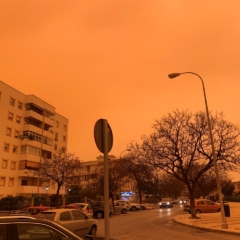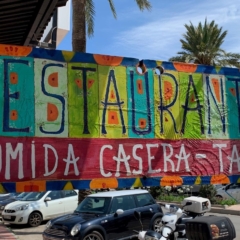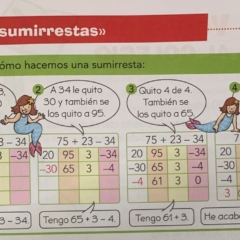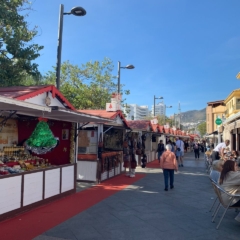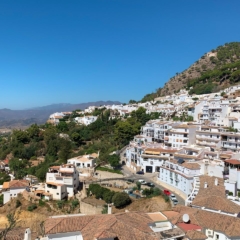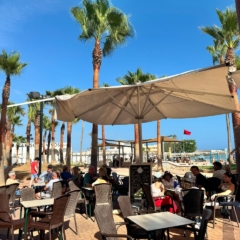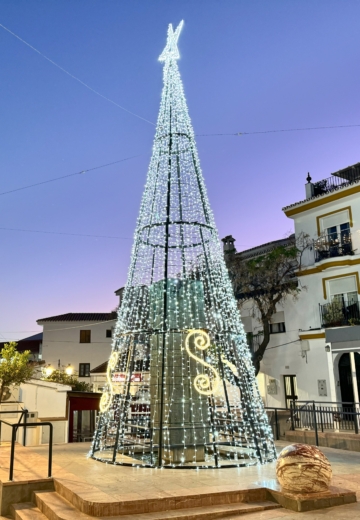Malaga holidays 2024
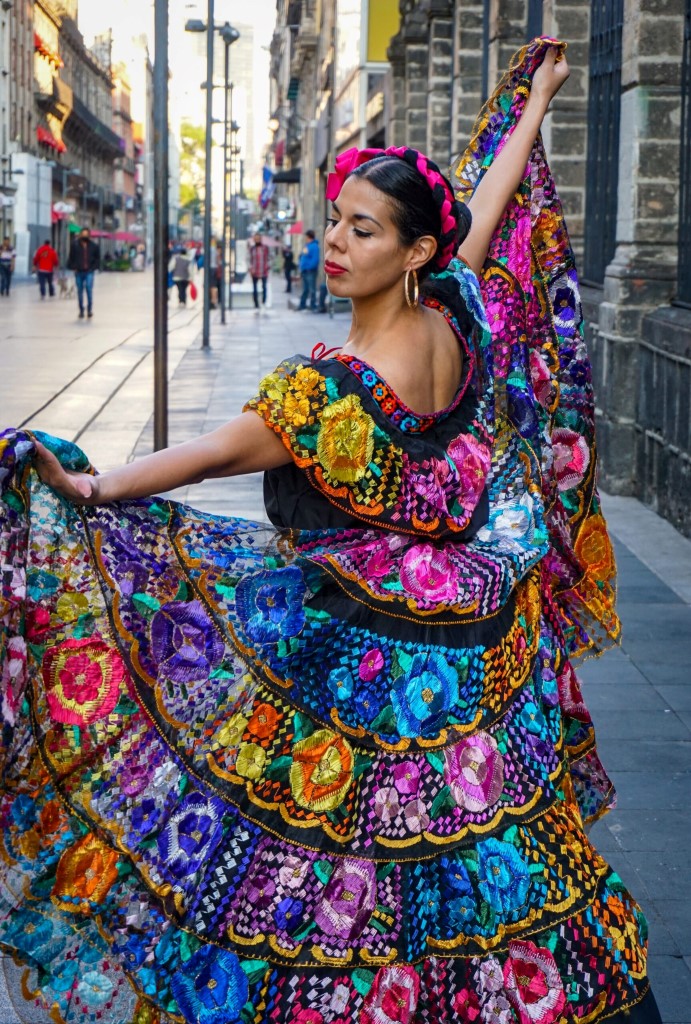
Malaga holidays 2024 – The province of Malaga has published their holidays calendar for 2024, and the cities of the province have already added their own special dates. In Spain, some holidays are stablished by the central government, but the different provinces and cities add their own holidays to the calendar, which end up being different from one place to the next. Here we will take a look at the current calendar and at how it works, so you can avoid wasting trips to the market, to the bank or to the school!
National holidays in Spain
The central government establishes the public holidays for a given calendar year; then the provinces add some more – valid only for each province – and, finally, the cities, also, only for themselves. That is why Spain doesn’t have one only holiday calendar; each place has their own! You can check below the Spanish public holidays for 2024 (valid for all of Spain, in light yellow) and the holidays valid only in the province of Malaga (in dark yellow).
Malaga holidays 2024
This is what the calendar of 2024 looks like for the province of Malaga:
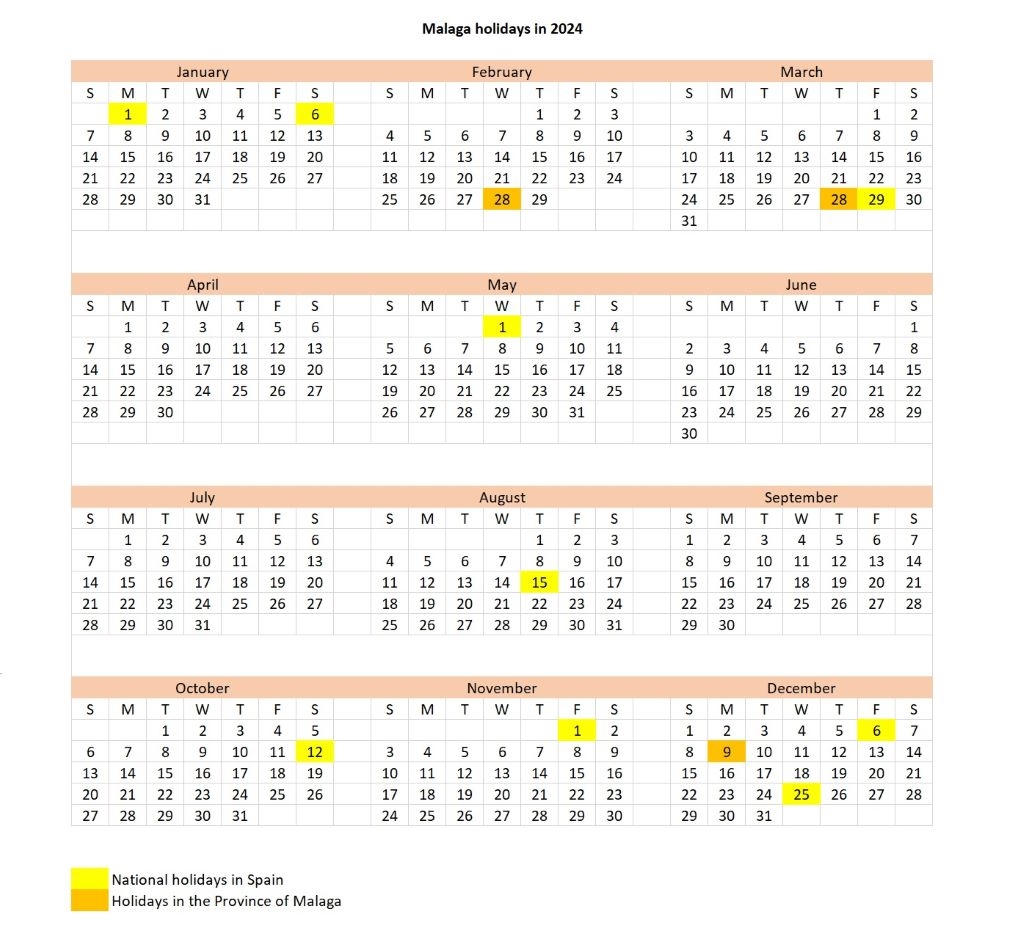
On top of this base calendar, Malaga province’s cities and towns have added two holidays each, valid only in that locality. Here is a list of the dates chosen by some of these cities (in alphabetical order):
Alhaurín de la Torre: January 20 and June 24
Alhaurín el Grande: May 3 and May 24
Álora: August 2 and September 9
Antequera: August 23 and September 16
Benalmádena: June 14 and July 16
Cártama: April 23 and May 15
Casares: August 5 and September 16
Coín: May 3 and June 10
Estepona: May 15 and July 17
Frigiliana: May 3 and June 13
Fuengirola: July 16 and October 7
Júzcar: March 19 and April 1
Málaga: August 19 and September 9
Manilva: June 24 and September 2
Marbella: June 11 and October 19
Mijas: September 9 and October 15
Nerja: May 15 and October 10
Rincón de la Victória: July 16 and September 9
Ronda: January 24 and September 5
Torremolinos: July 16 and September 30
Torrox: August 5 and October 4
Veléz-Málaga: July 26 and September 27
If you want to know more and understand how holidays work in Spain, the next topic may be just what you need.
How holidays work in Spain
The holidays in Spain for each year are published on the previous year by the central government, which also defines how many local holidays the autonomous communities, provinces and municipalities can add. The autonomous communities then add their important days and publish their own calendar, that each of their provinces and municipalities follow, adding their own significant dates. The key points here are two: 1) even though different places have different celebrations, they all end up with the same number of days off (and the school year everywhere in Spain has the same amount of class days) 😊 and 2) you can’t really use the calendar of a place and assume it will be the same in the next town!
When a traditional holiday falls on a Sunday, the local governments often are given the choice between postponing it to the following Monday, by spending one of their holidays, or to let it be. Likewise, when a holiday falls on a Thursday, local governments can opt to make the following Friday also a free day. So different places make different choices. Therefore, when travelling around Spain, instead of googling “national holidays in Spain” google holidays in [name of the city]. Just to be sure.
National holidays in Spain you can always count on
January 1st: New Year’s Day
January 6th: Día de Reyes (a major celebration; take the kids to see the parade and to collect candies!)
The holy week: usually, the Friday is a national holiday; many places add the Thursday too, and most commerce adds the rest of the week on their own.
May 1st: Labor day (as everywhere but the US)
August 15th: Assumption of the blessed Virgin (though different places celebrate different things on this day)
October 12th: Spain’s national day
November 1st: All saints day
December 6th: Constitution Day
December 8th: Day of the Immaculate Conception
December 25th: Christmas
In Andalusia
In Andalusia, and therefore in the Costa del Sol, you can also always count on a holiday on February 28th, the day of Andalusia. Other big celebrations are the Holy Week and the Día de Reyes, besides All Saint’s Day and, of course, the days of each city’s feria (fair) which is not a holiday but is truly special. There are fiestas (parties) going on all year long!
If you have kids studying in a public school in Andalusia, you can check the official school calendar directly from the site of the Junta de Andalucía. Just choose province, then city and, finally, the name of the school. 😉
A last tip on the topic: check the page of the Ayuntamiento (Town Hall) of the city where you live or plan to visit to see their own calendar. Not just for the holidays, but to see which ones they are celebrating and how, as some of these celebrations last for days and different activities happen on different parts of the city, with different publics in mind. Yeah, the Spanish are good in parties. Even better than expected. Take a look at the Romería de San Juan, for example. Enjoy!!!
